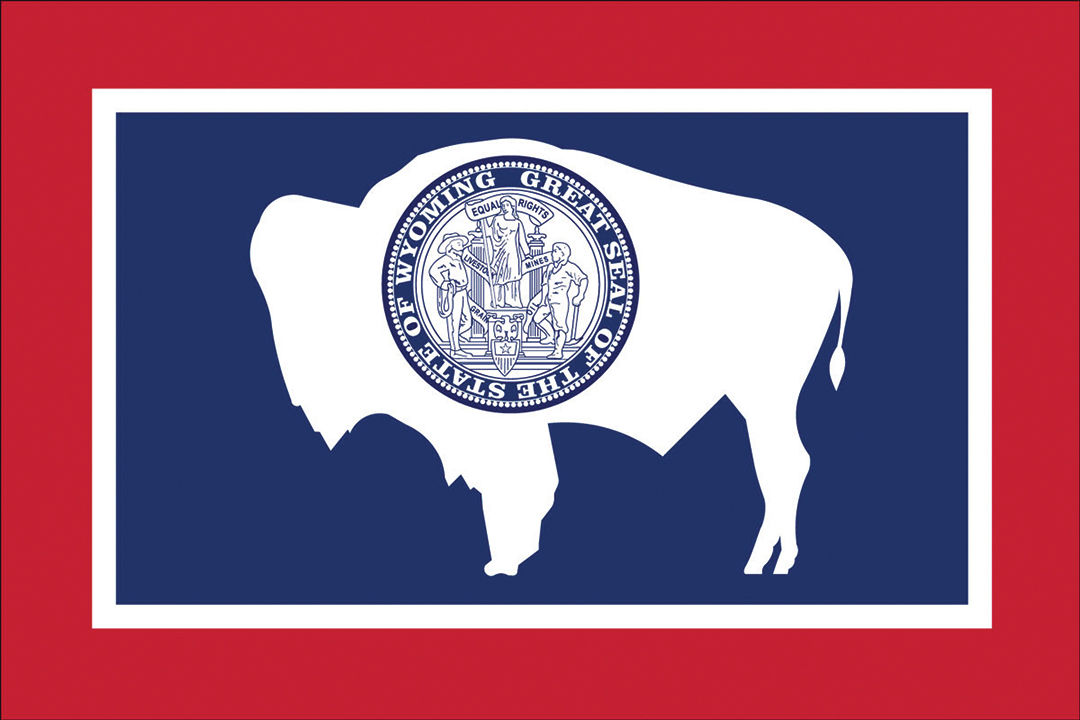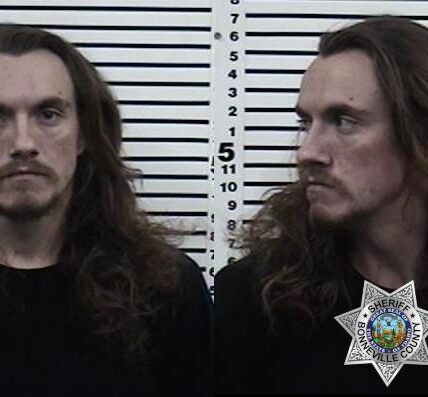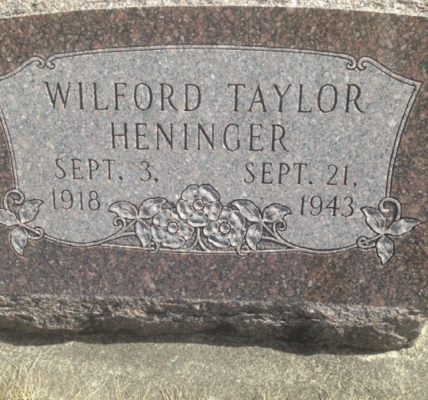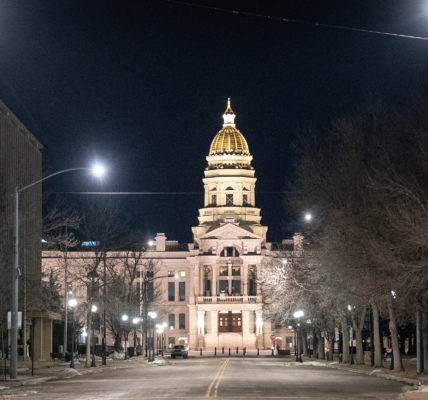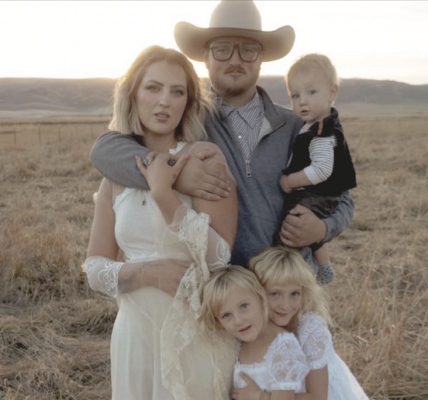By Clair McFarland
Riverton Ranger
Via Wyoming News Exchange
RIVERTON — Northern Arapahoe and Eastern Shoshone tribal leaders met last week with Wyoming Secretary of State Ed Buchanan to discuss the prospect of enabling tribal members to use their tribal identification cards to register to vote.
The meeting Monday at the Frank B. Wise building in Fort Washakie came as the result of a proposal by State Rep. Andrea Clifford, D-Riverton, who represents House District 33 in the Wyoming Legislature.
Clifford champions the use of tribal IDs to vote, saying that the process required to obtain a tribal ID, and the enrollment number that comes with it, is thorough and comprehensive.
“In order to get enrolled you have to provide a state-certified birth certificate, a Social Security card, and a certificate of Indian blood, which is from the Department of the Interior,” said Clifford, adding that enrollment is a “pretty vetted process.”
Current state voter law mandates that all individuals who are registered to drive must provide a Wyoming driver’s license number in order to register to vote. This is because the driver’s license number is connected through the state database to one’s criminal history – a fulcrum upon which the ability to vote depends.
Tribal members who have not been issued driver’s licenses can register to vote by providing a tribal ID and the last four digits of a valid Social Security number.
Due to the Help America Vote Act of 2003, the use of a tribal ID alone by a registered driver to register to vote would constitute – at the moment – a violation of federal law. And there is no overwhelming push to change the law on the national stage.
However, said Clifford, it is the objective of tribal leaders and the Secretary of State to find a “workaround” that will validate the tribal ID as a stand-alone verification for voting.
Speaking for her constituents, she said “we feel that there is more than enough information (on the tribal IDs) for our tribal identifications to be used to be able to vote.”
She referred to the enrollment number – which she sometimes calls the “prisoner of war number” – as well as the cardholder’s blood content, address, Social Security number, and other verifiers which are present either in the procurement of the card or in its actual composition.
In response, Buchanan, who serves as the state’s overall election chief, suggested the temporary solution of printing enrollees’ driver’s license numbers onto future tribal IDs, to satisfy the legal exclusion of certain felons from the voting process.
Clifford said there was opposition at the meeting to that idea among tribal leaders from both tribes.
“The pushback from the council was ‘that’s narrow thinking,’” she said.
At the meeting, Secretary Buchanan said he would also look into the processes of other states for ideas. Then, in a Thursday interview with The Ranger, Buchanan said that “in an ideal situation all of us (who were present at the meeting) would prefer to make some changes to federal law. However, I think as a whole, the group realizes that there may be some immediate solutions available to us while we work to change federal law.”
Buchanan also said his part in the effort was to acknowledge and support something that is symbolically and practically significant to tribal members.
“The question really becomes the significance of the tribal ID to Native Americans and their ability to use that ID to register to vote. Recognizing its importance to them gives me a real motivation to say ‘hey if we can solve this by making a few changes… then I’m happy to do everything I can do to make that happen.’”
For now, the possibility of using tribal IDs as stand-alone voter registration documents is just an idea to develop during the legislative interim, Clifford said. Her original proposal has been referred to the Legislative Tribal Relations Committee for study.
Fremont County Clerk Julie Freese also was present at the Monday meeting. She said it was a collaborative effort among lawmakers to find the best solution.
“I felt it was a good meeting,” said Freese. “We were able to talk a lot about ideas that everybody had and that’s always a good thing: for communication to happen.”

